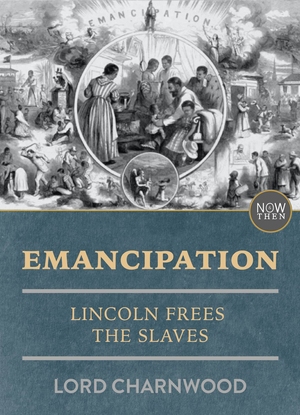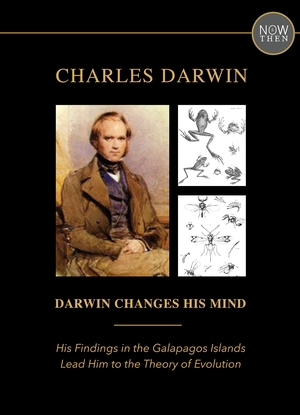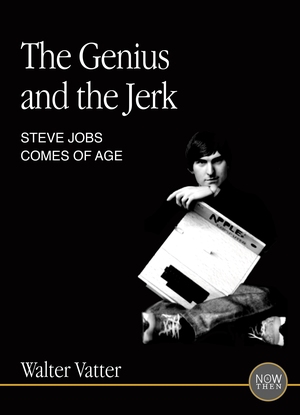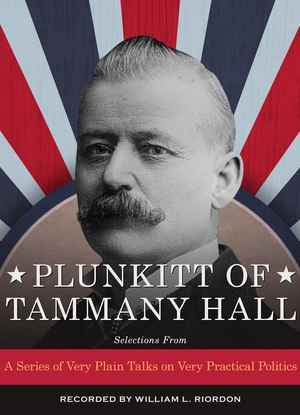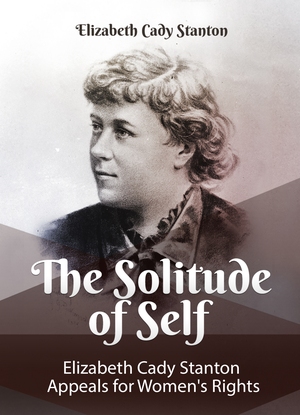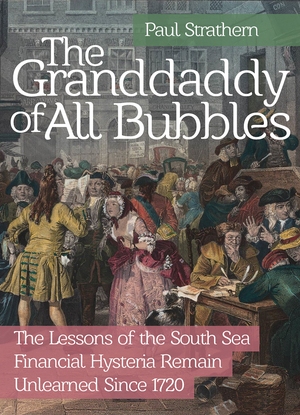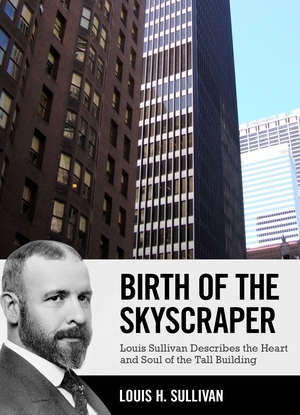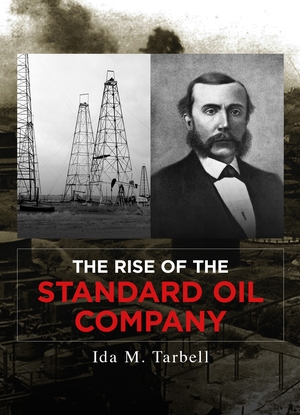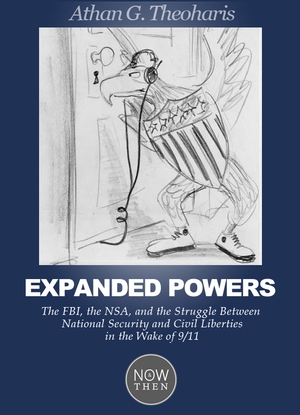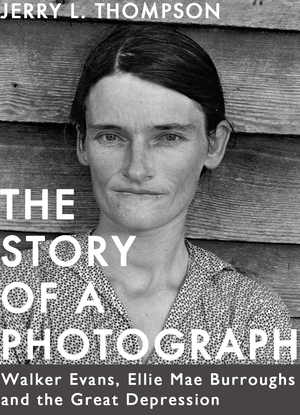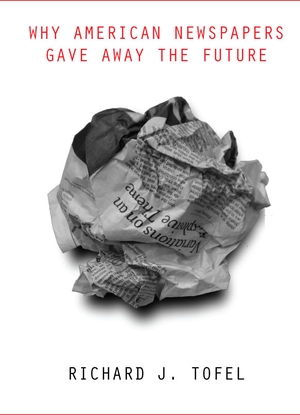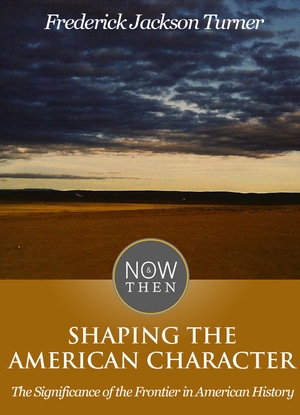Nonfiction Books and Essays
Featuring good writing for serious readers, Now and Then short-form nonfiction books and essays are available exclusively as Kindle books, Nook Books, iPad books or ebooks for other popular mobile devices.
Each week, we publish original titles, excerpts from forthcoming books, and reprints of work worthy of being read again. We focus on writing that is historically based but also has relevance for present day events.
Our latest titles can be found in the list below.
Elizabeth Cady Stanton Appeals for Women's Rights
by Elizabeth Cady Stanton
United States HistoryThe major women’s suffrage organizations used a variety of tactics in seeking the vote but did not achieve success until the ratification of the Nineteenth Amendment to the U.S. Constitution in 1920. Elizabeth Cady Stanton served these organizations for more than twenty years as president. In that time she became a leading champion of women’s rights and the intellectual powerhouse of the woman’s movement in the United States. Late in life, in “The Solitude of Self,” she distilled her most compelling arguments.
The Lessons of the South Sea Financial Hysteria Remain Unlearned Since 1720
by Paul Strathern
World History, Economic HistoryThe lessons of financial bubbles and their inevitable consequences could be discerned almost three centuries ago, in 1720. Paul Strathern here relates the story of London’s South Sea Bubble, the first great financial hysteria, whose characteristics appear all too familiar today.
Louis Sullivan Describes the Heart and Soul of the Tall Building
by Louis H. Sullivan
American History, ArchitectureIn these excerpts from his most important writings, Louis Sullivan explores the cultural ideas as well as the engineering and architectural realities that led to the making of the skyscraper and America's emphasis on the tall building as a fixture of modern urban society. Sullivan is the key link between nineteenth- and twentieth-century architecture and moreover between two worldviews.
by Ida M. Tarbell
American HistoryThe discovery of oil in Pennsylvania in 1859 opened a new chapter in world commerce and riveted the attention of American entrepreneurs, notably a young man named John D. Rockefeller of Cleveland, Ohio. Rockefeller was not only a man of vision; he was possessed of singular drive, ambition, and a ruthlessness to succeed. Almost single-handedly he built the Standard Oil Company into the greatest corporate colossus the country had witnessed. Ms. Tarbell’s account of the Standard’s rise covers a crucial moment in Rockefeller’s quest for dominance of the industry.
The FBI, the NSA, and the Struggle Between National Security and Civil Liberties in the Wake of 9/11
by Athan G. Theoharis
United States History, American History, U.S. History, U.S. GovernmentAthan Theoharis considers the record of the past to assess today’s broadened powers for the FBI and the NSA after 9/11. He concludes that Americans may feel marginally safer, but at a dangerous cost to their freedoms and to the tenor of our political dialogue.
Walker Evans, Ellie Mae Burroughs, and the Great Depression
by Jerry L. Thompson
United States History, American History, U.S. History, EssaysWalker Evans’s iconic photograph of Ellie Mae Burroughs of Hale County, Alabama, made while he was working with James Agee, has become a memorable symbol of the Great Depression. How it came to be, and what consequences it provoked, make for a fascinating tale.
by Richard J. Tofel
United States History, European History, Military History, American History, U.S. History, EssaysAn insider’s assessment of the precipitous decline of large city papers in the United States, and the newspapers’ response to their problems, by an experienced newspaper executive.
The Significance of the Frontier in American History
by Frederick Jackson Turner
United States History, American History, U.S. HistoryTurner here lays out his “frontier thesis,” which remains one of the key interpretations of American history. He argued that the circumstances of life on the western frontier were a determining influence on American character and institutions.



